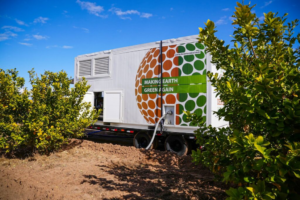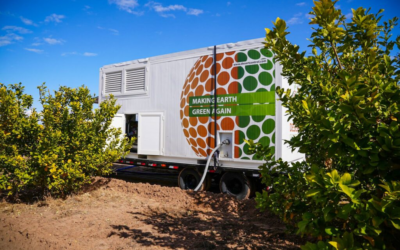Thailand’s ethanol industry in crisis
Thailand’s ethanol consumption is falling, while the country’s local ethanol industry has overcapacity. Add to this the fact that a dissolution of the country’s parliament leads to a regulatory freeze.
Amendment of the Thai government’s ethanol policy
The Thai government has made a major policy shift away from ethanol. In 2022, Thailand stopped using its oil fund to support biofuels. The country will now support the introduction of electric vehicles instead as part of its ’30@30′ policy, where 30% of new vehicles will have zero emissions by 2030.
This puts the Thai ethanol industry in a difficult situation. Domestic ethanol consumption has fallen from peak levels near 4.5 million liters per day before COVID-19 to about 3.5 million liters per day.
The industry now has significant overcapacity. It can produce 6.5 million liters per day with an additional 0.7 million liters per day to be commissioned.
Even worse, Thai ethanol producers are only allowed to sell their product to oil refineries to be mixed into gasoline. A temporary derogation also allows them to produce pharmaceutical grade hand sanitizers.
However, the state-owned Liquor Distillery Organization has a monopoly on the sale of undenatured alcohol and other alcohol products. Other industrial alcohol producers may only sell denatured alcohol. Neither the LDO nor the industrial alcohol producers want more competition from Thai ethanol producers.
Possible solutions
One possible solution is to allow Thai ethanol producers to export their surplus products. However, the export value is below their cost of production.
Another solution is to allocate markets differently: LDOs could supply state and federal markets, industrial alcohol producers could supply existing industrial markets, and ethanol producers could access new markets such as bioplastics or biojet fuel.
However, these new markets are not mature and changes to the ethanol rules would require cabinet approval. Parliament is currently dissolved and the government is suspended. A new cabinet is not expected to be formed until August 2023 at the earliest. Ethanol producers have already been struggling with oversupply for months.
As a result, Thai ethanol producers are looking for short-term measures they can take. One is to get the Oil Fund to change fuel pricing to encourage motorists to use more E20 and less E10. Another is to prepare for access to the bioplastics market by seeking sustainability certification for Thai ethanol, which could open access to other global green industries. But until a new cabinet is formed, the industry will remain in a difficult situation.
About the Viking
With Viking’s signals, you have a good chance of finding the winners and selling in time. There are many securities. With Viking’s autopilots, price data, tables and stock prices, you can sort out the most interesting ETFs, shares, options, warrants, funds, etc.
Click here to see what Vikingen offers: Detailed comparison – Stock market program for those who want to become even richer (vikingen.se)













